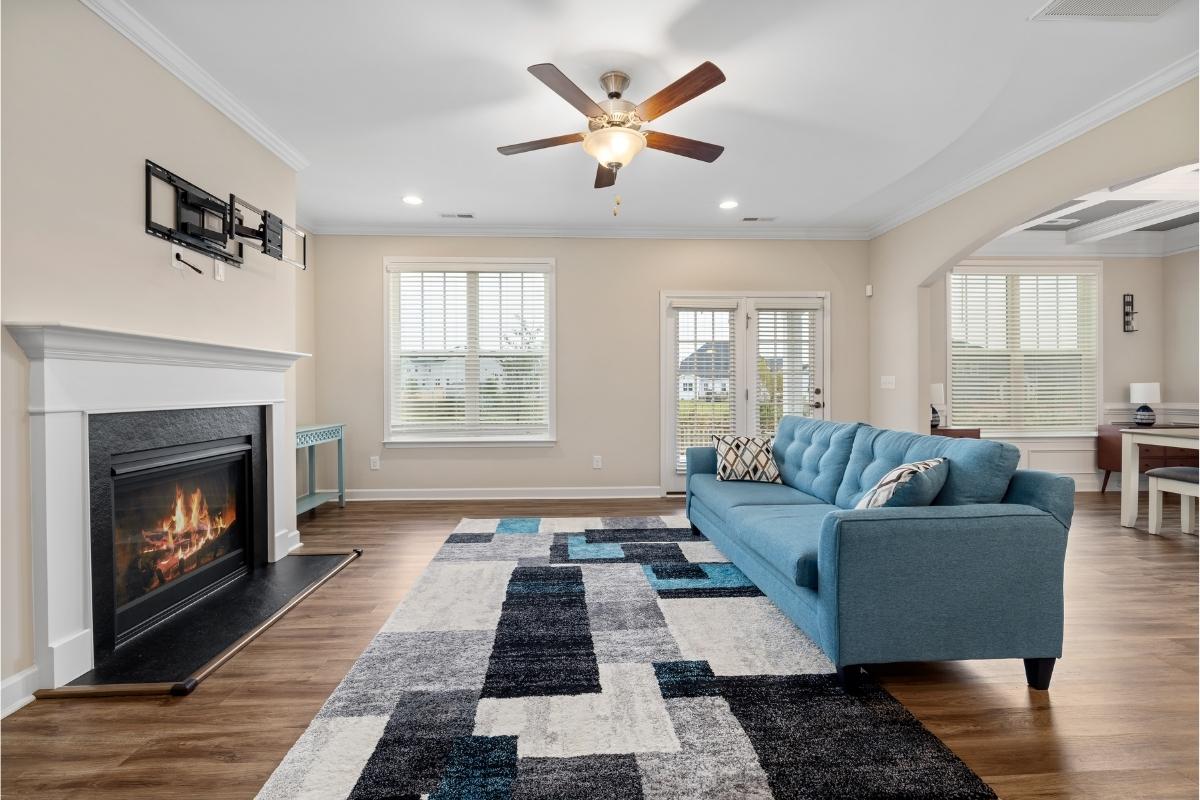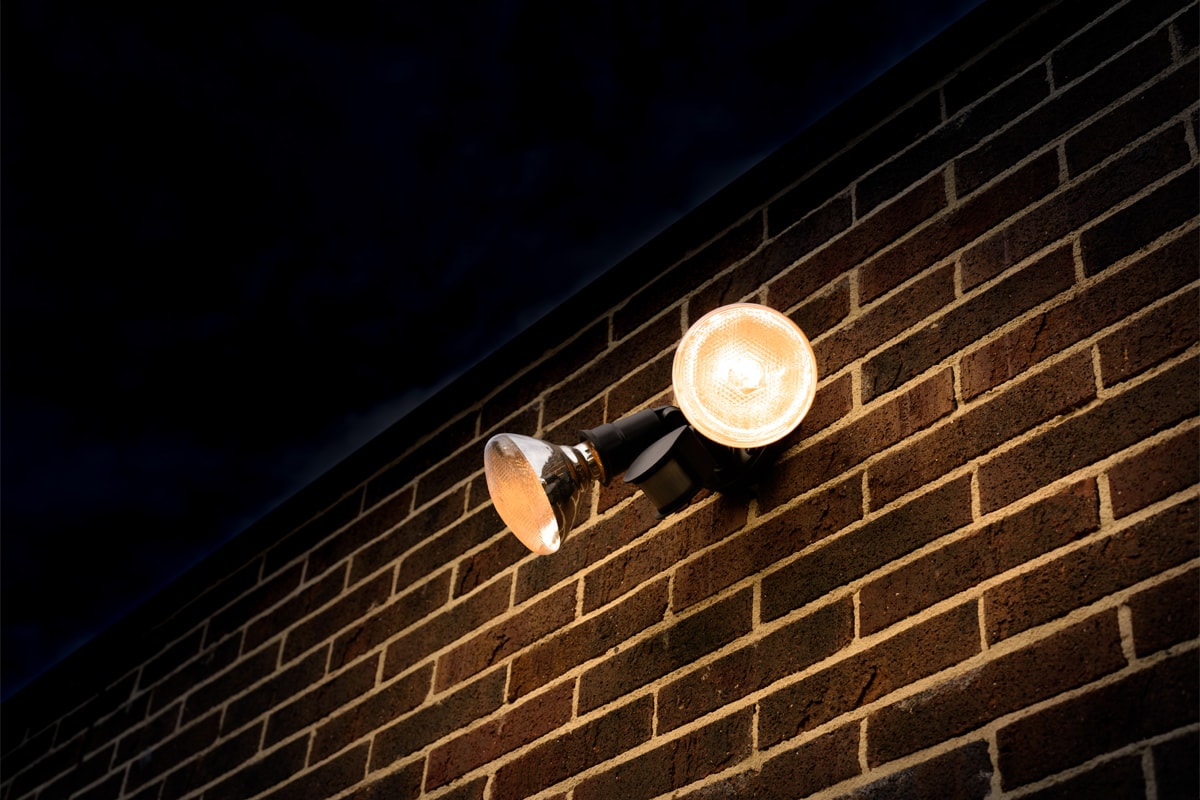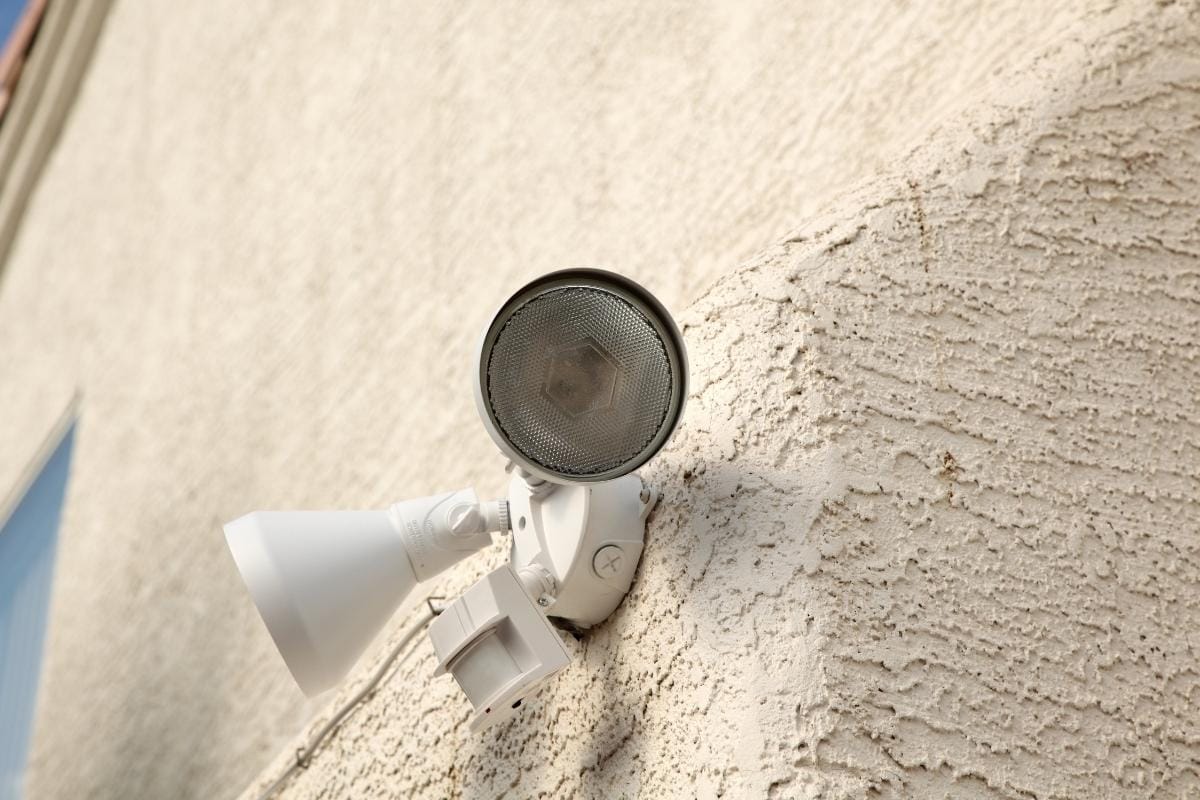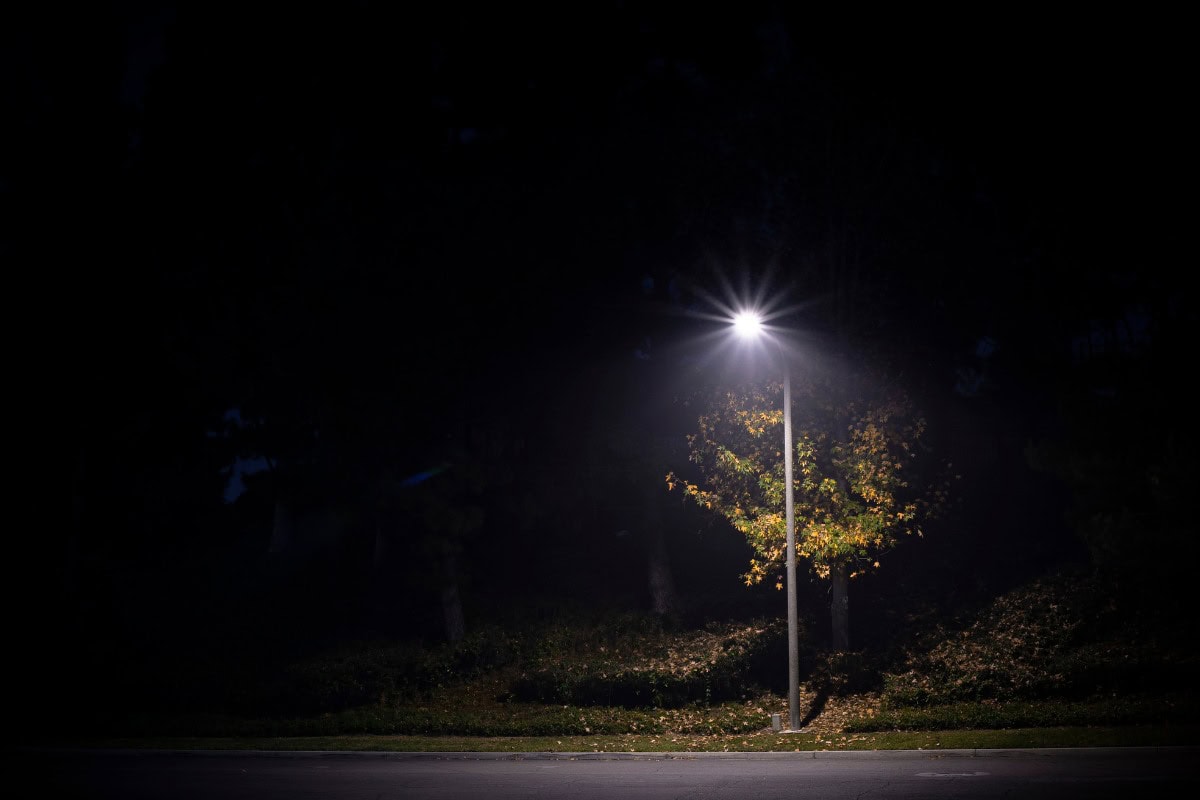What Are Ordinances (Municipal)
Municipal ordinances, also known as municipal codes or local laws, are regulations enacted by local governments, such as cities or towns, to govern various aspects of community life. In lighting, these ordinances specifically aim to regulate outdoor lighting practices within a municipality.
Municipal ordinances promote responsible and efficient lighting practices, minimizing light pollution, and ensuring the safety and well-being of residents. Each municipality tailors its ordinances to meet its unique needs and characteristics, taking into account factors such as population density, local culture, and environmental considerations.
Individuals and businesses should familiarize themselves with the ordinances to comply with the specific lighting code of a community and understand its provisions. Checking the city’s website or contacting the local government directly can help individuals and businesses ensure compliance and avoid potential penalties or legal issues.
Even the best codes are rendered ineffective if not enforced, thus enforcing lighting ordinances is crucial to their effectiveness. Continuous education and awareness are key to ensuring that local leaders and city staff understand the purpose and benefits of the lighting code.
If there are lighting offenders, it is advisable to approach the situation by having friendly discussions with neighbors before involving the local government and making a complaint. Some codes may have grandfathering provisions, exempting lighting that was in place before the ordinance was passed. Therefore, individuals should be aware of any exceptions or conditions in the code before making a complaint.
City officials may need to conduct nighttime site visits to verify complaints, although resource constraints may make them reluctant to do so. When discussing concerns with city officials, it is important to stick to the facts and be persistent.








